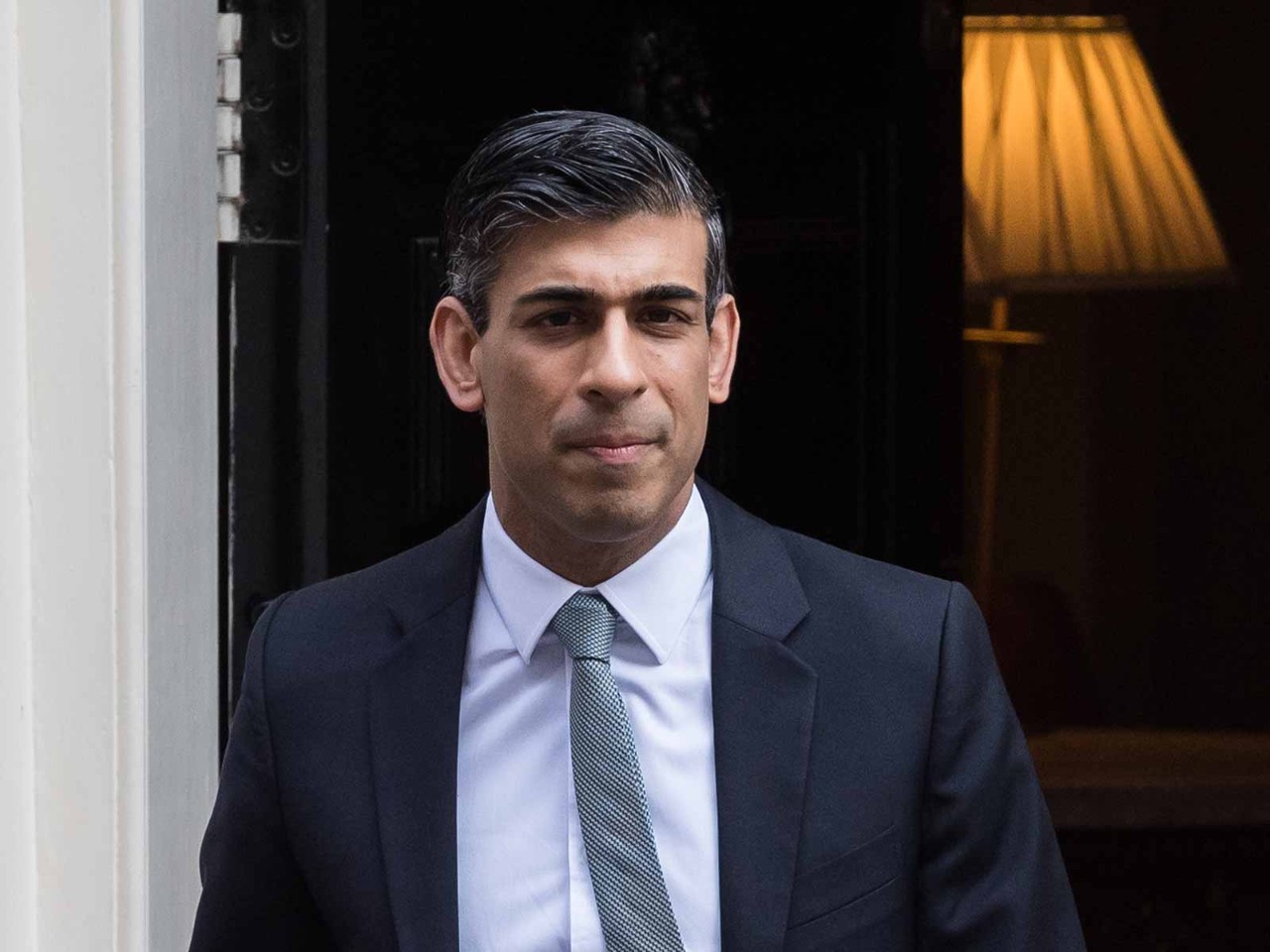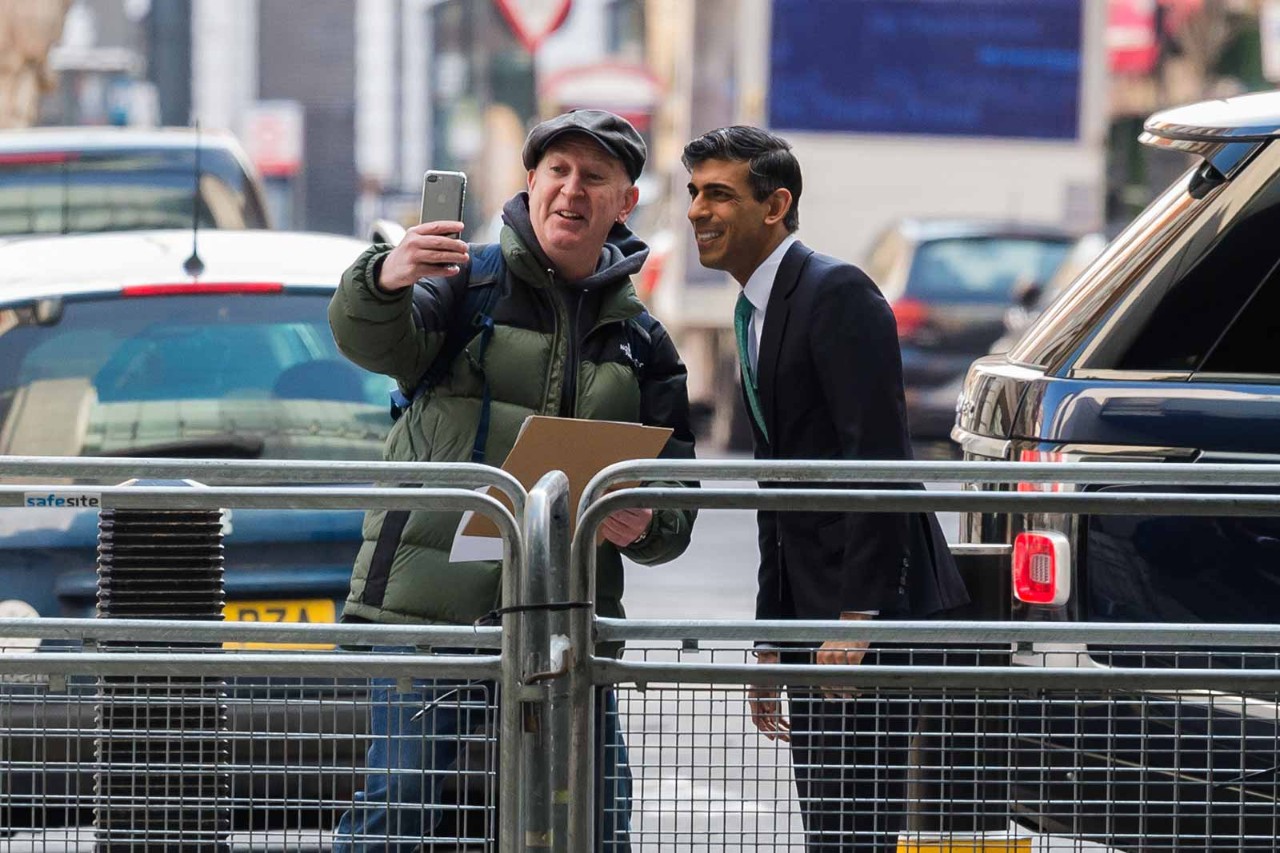I advise and support the commercial director and department heads at English Heritage, a charity that manages more than 400 historic monuments, buildings and places. The commercial arm encompasses retail, catering, venue hire and holiday cottages, as well as commercial estates and an events team that brings in around a quarter of the organisation’s visitors. There is also a licensing arm and our online retail presence.
Working as an accountant in the charity sector means that you are able to ensure that the charity’s work can continue. Our frontline specialists have the historical knowledge and curatorial skills; I look after the numbers so that the work they are doing is financially sustainable.

I have the skills to work with and present numbers in a way that is easy for non-finance people to understand
I have the skills to work with and present numbers in a way that is easy for non-finance people to understand, creating reports and analysis to help people use those figures to do their jobs. Working in the public sector means that I get to do a job where I feel like I am needed, contributing and doing things that help people, not faceless shareholders.
The key to the role is good communication. Each department head will have different ways of working and preparing forecasts and budgets; I have to be good at reading the room and adapting my style accordingly. It’s my job to support and challenge.
My career started out in retail, where I developed my communication skills. Working in a large department store on high-end value goods helped develop my influencing skills, and I spent five years working for a large clothing retailer, three of them on the shop floor and two in the administrators' office.
The project I’m proudest of is my work as a capital accountant on the visitor centre at Stonehenge
It was during my time there, and in a school placement at a large telecoms company, that I saw how finance leaders operated and were respected, and my desire to become an accountant was cemented.
On joining English Heritage I was promoted rapidly. I moved to the commercial arm when the organisation split in to two: Historic England, which remained as an executive agency; and the English Heritage Trust, the charity.
The project I’m proudest of is my work as a capital accountant on the visitor centre at Stonehenge, with a value of £27m, just under £20m of which was capital spend. I obtained drawings and plans of what we were building, including the coach park, sanitary systems, toilet blocks, visitor carpark, the path to the stones, and internal fixtures and fittings. I had to delineate which individual assets would be put on the fixed-asset register, and work out their useful economic life and therefore their depreciation. I developed my own model to do this, and the project passed the audit review with flying colours.
Outside work, I like to watch TV and movies, and had I not been an accountant I would have loved to have been a director. I also like to manage investments and have taken on some expert training in portfolio management.
I love spending time with my wife and daughter – one of the benefits of working from home during the pandemic. I sadly lost my father in December. He was the one who encouraged me to become an accountant and I know that he would have been proud of me appearing in a magazine that I’ve been reading throughout my career.





